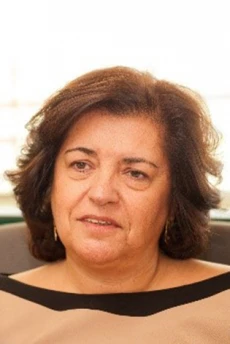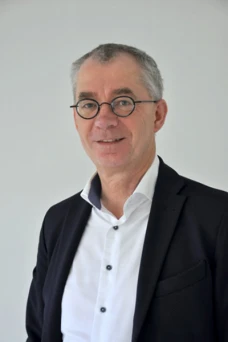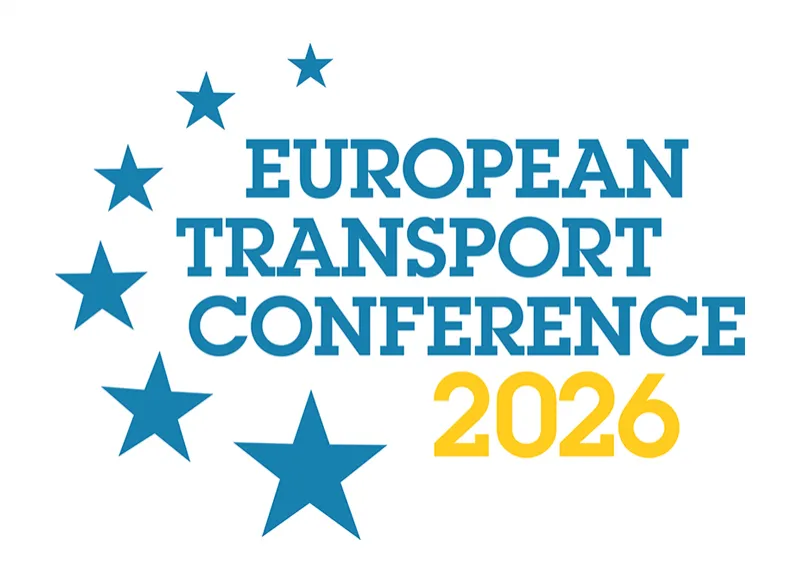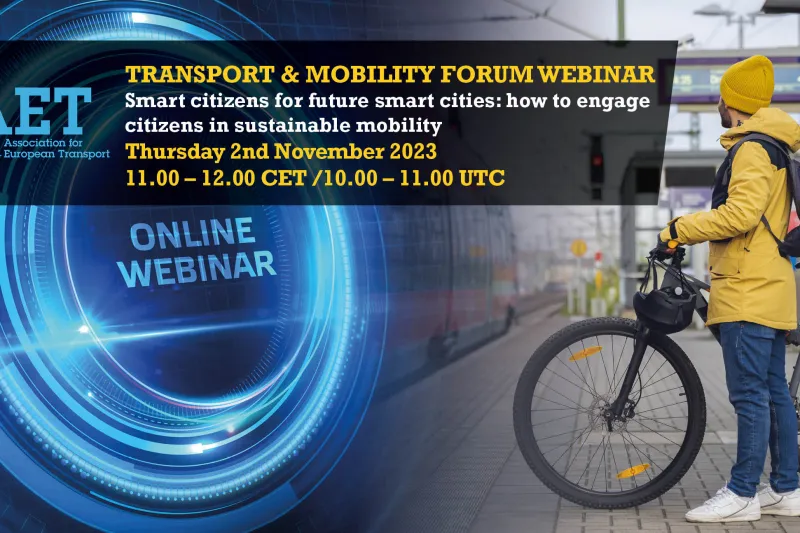The Transport and Mobility Forum organised a webinar held on Thursday, 2 November 2023, entitled “Smart Citizens for Future Smart Cities: How to Engage Citizens in Sustainable Mobility” with the participation of three exceptional speakers: Prof. Dr Rosário Macário (Instituto Superior Técnico, University of Lisbon, Portugal), Jan Kiel (Panteia, Zoetermeer, The Netherlands) and Dr Daniela Paddeu (University of the West of England, Bristol, UK).
The webinar was co-organised by the European Transport Conference Programme Committee ‘Global Trends Impacting Transport’ (GTiT) and moderated by its chair Prof. Dr Vladimir Momčilović (Faculty of Transport and Traffic Engineering, University of Belgrade, Serbia). The webinar drew a wide audience from various transport and mobility sectors, aiming to highlight the causes of the current gap between policymakers’ expectations and reality, as well as present and future challenges in sustainable mobility, with the intention of underlining the need for genuine public support for climate-neutral transport policy measures to be successful.
 Prof. Dr Rosário Macário was the first to unfold her views on the ambiguity of the term “sustainable mobility”, continuing with current topics where we are likely to succeed or fail, emphasising what is still missing in global (world- and Europe-wide) and local sustainable policy and practice. As a society, we are not yet witnessing a real change in attitude, whilst we wait for the next, more informed, sensitive and conscious generations to take up the mantle of decision-makers. She highlighted the need for a shift in investment priorities that will encourage healthier citizen involvement in the future.
Prof. Dr Rosário Macário was the first to unfold her views on the ambiguity of the term “sustainable mobility”, continuing with current topics where we are likely to succeed or fail, emphasising what is still missing in global (world- and Europe-wide) and local sustainable policy and practice. As a society, we are not yet witnessing a real change in attitude, whilst we wait for the next, more informed, sensitive and conscious generations to take up the mantle of decision-makers. She highlighted the need for a shift in investment priorities that will encourage healthier citizen involvement in the future.
 Subsequently, Jan Kiel conveyed his experiences from several transport projects that required public participation. He shared his findings from instances where significant opposition to the project’s proposed solutions was anticipated from concerned and involved communities, along with the associated implications. Furthermore, he highlighted the SPADE instrument, which was developed for CEDR. The tool allows an assessment of policy measures by means of a combination of an MCA and CBA, using a Delphi method and electronic participation tools.
Subsequently, Jan Kiel conveyed his experiences from several transport projects that required public participation. He shared his findings from instances where significant opposition to the project’s proposed solutions was anticipated from concerned and involved communities, along with the associated implications. Furthermore, he highlighted the SPADE instrument, which was developed for CEDR. The tool allows an assessment of policy measures by means of a combination of an MCA and CBA, using a Delphi method and electronic participation tools.
 Finally, Dr Daniela Paddeu shared her observations on the importance of involving citizens, spotlighting her team’s recent experience of engaging citizens in transport planning within the Triple Access Planning for uncertain futures EU-funded project that explored citizens’ views towards the future of sustainable urban mobility. She highlighted the importance of engaging a diverse sample with representatives from different population groups, to make sure everyone’s views and needs are taken into consideration in the design of appropriate policies, and we make sure we are not achieving decarbonisation goals at the expenses of part of the population.
Finally, Dr Daniela Paddeu shared her observations on the importance of involving citizens, spotlighting her team’s recent experience of engaging citizens in transport planning within the Triple Access Planning for uncertain futures EU-funded project that explored citizens’ views towards the future of sustainable urban mobility. She highlighted the importance of engaging a diverse sample with representatives from different population groups, to make sure everyone’s views and needs are taken into consideration in the design of appropriate policies, and we make sure we are not achieving decarbonisation goals at the expenses of part of the population.
After the initial presentations, participants of the webinar took this valuable opportunity to comment and pose questions to the speakers on the topic, which led to a lively and engaging discussion that lasted longer than the scheduled webinar time.











